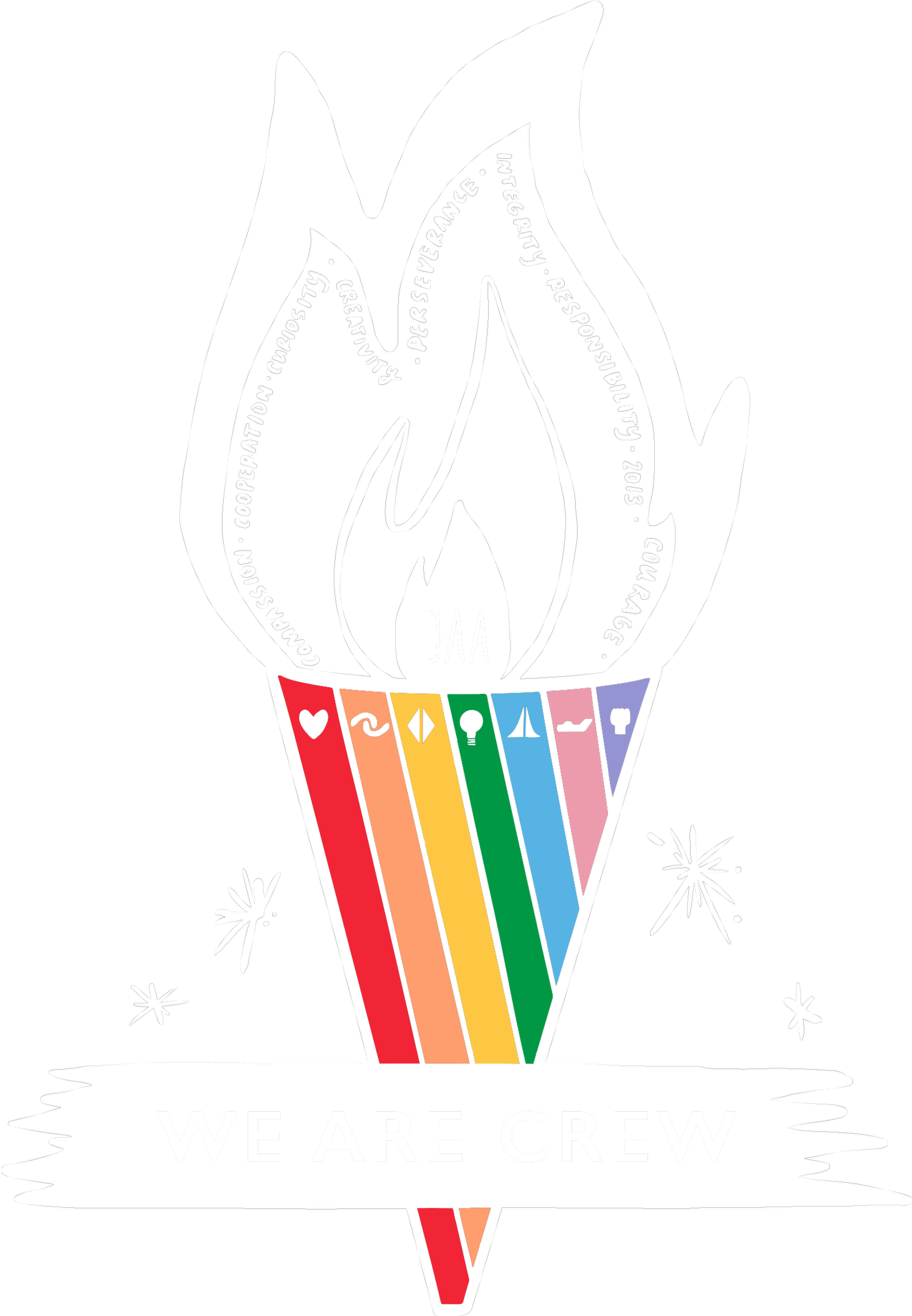Chess Club // Finding Compassion in Competition
Over the past two months I’ve been tracking and encouraging the use of compassion in DAA’s chess club. Compassion is one of our school’s “Habits of Character;” meaning that these are traits or habits that we want our entire community to embody. As a social worker and chess coach I started to wonder, “How could I encourage compassion in the realm of competition, in the realm of chess?” Long story short: I just had to look a little closer and then ask the students themselves…
The typical attitude of competitive chess can be summed up with this quote from current chess world champion Magnus Carlsen, “Some people think that if their opponent plays a beautiful game, it’s OK to lose. I don’t. You have to be merciless.” It seems almost obvious that if you are playing a game against another person then the most important part is trying to win, to be merciless as a route to becoming victorious. The real issue, in my opinion, is not winning or losing but how you win or lose. This ability, to win well or lose well, is a teachable skill and is a big part of being able to improve in chess or any competitive arena. Also, it’s not an easy skill to learn or teach! Shaking hands and saying good game are already things we do in chess but what would happen if we started looking for compassion in chess club?
As the students got settled on a Tuesday afternoon I told them, “Today I want to try something new; we are going to have a compassion prize! In addition to tracking who does well on your daily tactics worksheet and who can stay quiet during challenge time (The last 10 minutes of chess club is silent) I want you to pay attention to anyone who shows you compassion and then vote for them at the end of class.” The kids were definitely interested but I didn’t really know how this was going to work in a competitive environment—I was certainly never encouraged by my coaches to show compassion or to watch for it in others that I may be competing against!
The end of class came and we all came to the rug to debrief. Students scoring 7 or more correct tactics puzzles were named and then I asked the question that is now a standard part of our chess club debrief, “Ok, time to vote for compassion leaders, raise your hand if someone was compassionate to you today and tell us what that person did.” I wasn’t sure what would happen but immediately a bunch of hands shot up and what I found out is that our students had found compassion all around them. Here are some common ways students found compassion in competition with each other:
- ‘VP helped me with my worksheet tactic I couldn’t figure out.’ (this is a common one as I let students work together with the sometimes very tricky worksheets and one gifted student in particular is the go-to for help)
-
‘KT helped me log into my computer.’
-
‘CE let me take back a move when we were playing.’
-
‘EM helped me find a good move when I was playing online.’
-
‘I’ve noticed how IM has been improving so much lately.’
-
‘Even though JG beat me he still helped me find good moves.’
-
‘JH and I teamed up to battle someone online together.’
We had discovered something kind of ironic; that compassion can be found in a competitive environment by turning being compassionate and noticing compassion in others into a competition itself! Now being voted for being a compassion leader at the end of chess club is just as desirable as making it onto the chess worksheet Hall Of Fame or for moving up the chess ladder by winning games or for being silent during challenge time. The lesson I learned as a teacher is that if I look closer at interactions between children wonderful, amazing, and sometimes very subtle character traits are being exhibited in each exchange. I also learned that by simply asking students to become aware of something, through the slight excitement of a competition, they can become gifted at noticing, naming, and praising traits in others that typically get overlooked in the competitive world that typically values merciless winning above other traits.

